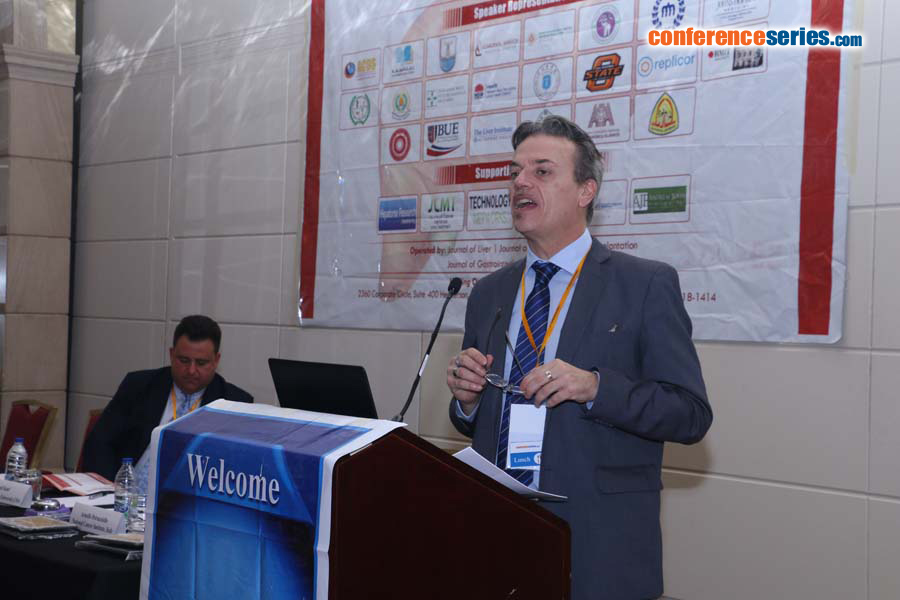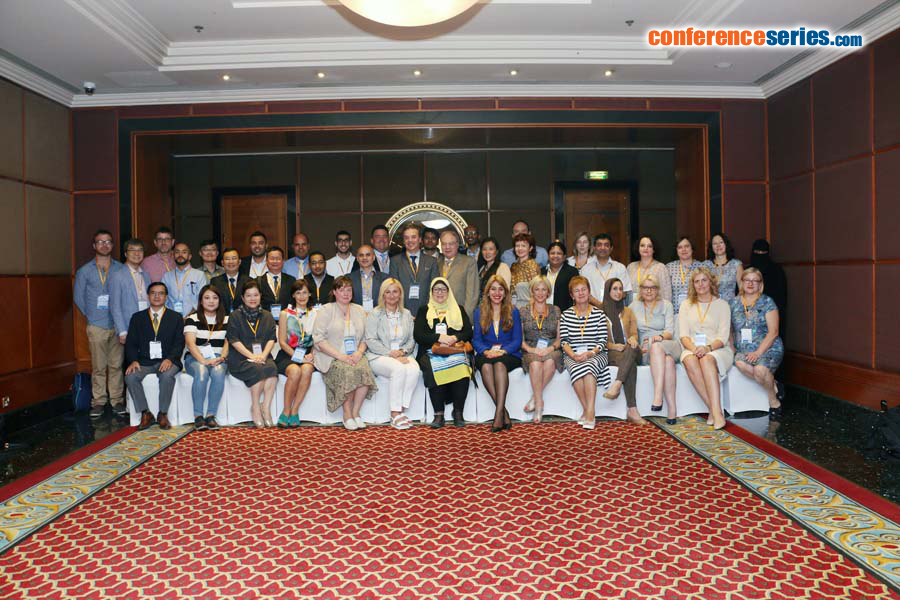
Arnolfo Petruzziello
IRCCS, Italy
Title: Hepatitis C Virus (HCV) genotype 1b as a risk factor for hepatocellular carcinoma development in chronic HCV positive patients in Southern Italy
Biography
Biography: Arnolfo Petruzziello
Abstract
Background: Hepatocellular carcinoma (HCC) is the third most common cause for cancer death in the world, especially in patients with chronic hepatitis C virus (HCV) infection. The rate of progression from chronic hepatitis to HCC is variable and several factors have been identified as important predictors of progression, some related to the host (older age, longer duration of infection, male sex or alcohol consumption >50 g/day), others to the environment (Hepatitis B virus or HCV infection). Despite several studies suggesting an association between HCV genotype 1b and risk of HCC, no consenus has emerged yet on this matter, which is still controversial. The purpose of this study was to clarify whether the genotype 1b is associated with a higher risk of HCC than other genotypes.
Material & Methods: A total of 121 consecutive cases of HCC, fulfilling the diagnostic criteria from the Barcelona 2000 EASL conference, and 125 patients with other malignant tumors as control, enrolled between February 2013 and November 2015, were included in the study. Serum of each HCC or control patient was evaluated for serological evidence of HCV infection (Vitros Ortho Clinical Diagnostics), viral load estimation by Taqman Real time PCR system (Roche Diagnostic) and genotyping by HCV LiPA test (Siemens) .
Results: About eighty per cent (80.8%) of HCC patients had positive anti-HCV which was significantly greater than the control group (34.4%, p=0.01). Anti-HCV positive patients have a risk of progression to HCC almost 8 times than the control group (OR= 8.04). The male/female ratio for the HCC cases was 3.06:1. Males with HCC significantly showed to have about 4 times risk of exposure to HCV infection (OR=3.9). Majority of HCC patients were >70 years (71.0% vs. 58.0% in the control group) and over eighty per cent of them had underlying cirrhosis at presentation (84.0%). HCV RNA seropositive rate was significantly higher (71.2%) among HCC patients if compared to the control group (44.2%, p=0.01). No difference in levels of viral load was found between HCC patients and the control group. The most prevalent genotype in HCC patients was 1b (59.4% vs. 26.4% in the control group, p=0.05), whereas the most predominant genotype in the control group was 2a/2c (63.2% vs. 21.7% in HCC patients, p=0.01). Moreover, the genotype 3a, completely absent in the control group, is the third most common genotype in the HCC patients (5.9%).
Conclusion: HCV genotype 1b is associated with a statistically higher risk of developing HCC compared to other genotypes. Patients with cirrhosis that are infected with this genotype require more intensive surveillance for the early detection and aggressive management of neoplasia
Speaker Presentations
Speaker PPTs Click Here




